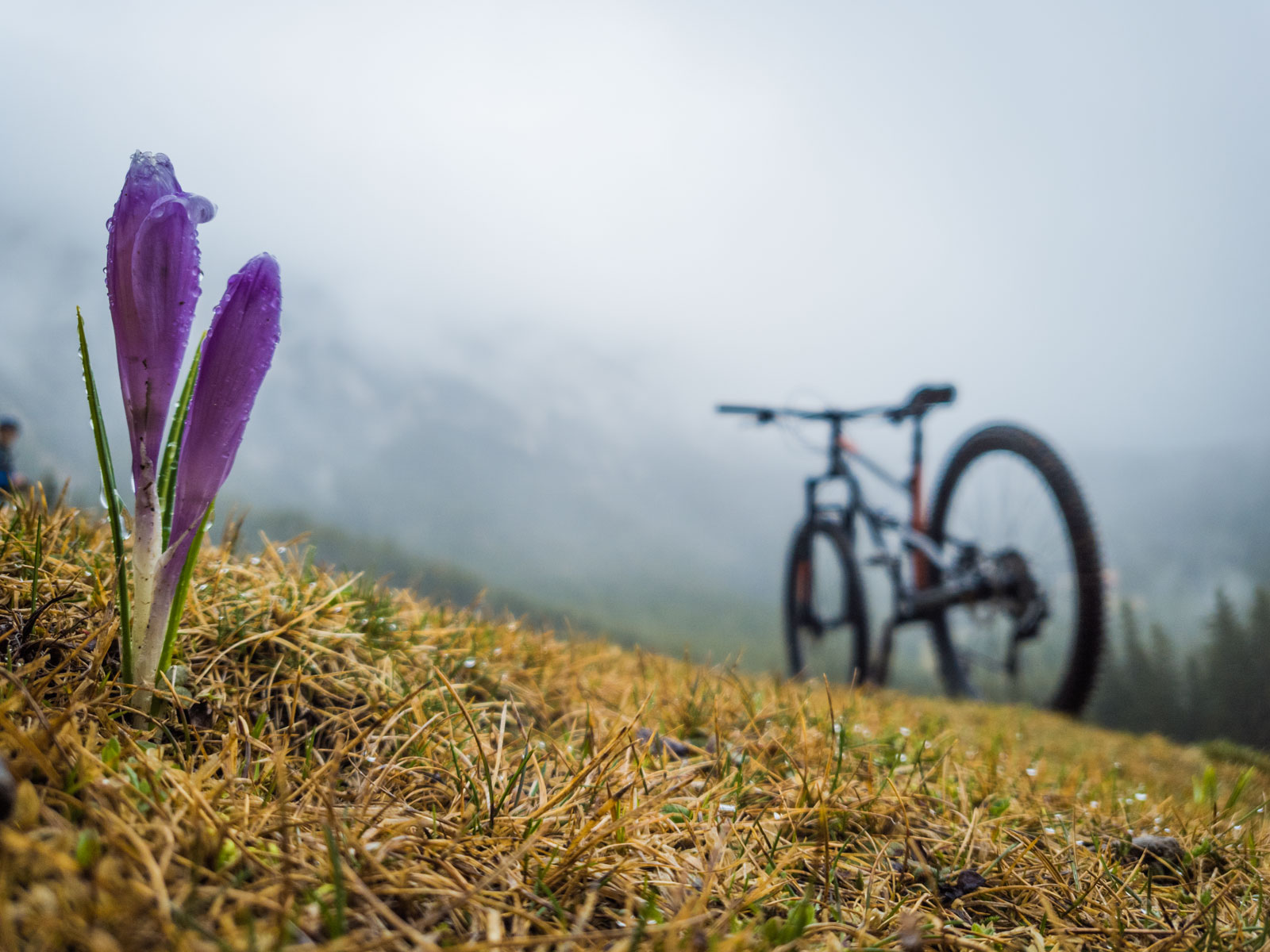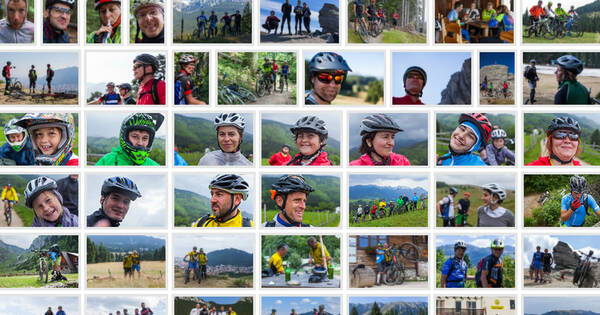All around the world the Covid-19 forces everyone into reassessing priorities. Living so close to a life threatening situation is pushing people to have a different perspective on pretty much everything.
Everywhere you look, people magically discover the joy of cooking at home. The bliss of spending more time with the very close ones. The thrill of exercising in the living room, with a lazy cat or a bored dog in the background. The futility of high-cost expenses, like a state-of-the-art new car, or the latest instalment in the ever changing line-up of flagship smartphones. Etc. Sooner or later the fancy, exotic holidays are bound to appear on the list.
“A non-essential activity”. You’ve heard or read about this one quite a few times these days. If it is about anything else other than bare eating, sleeping and internet access, it’s totally disposable.
Apostles of the coming doom are forecasting (with some degree of satisfaction) a world where going out of your house will require a face mask, plastic gloves, and a gps and data connected bracelet that will automatically transmit your personal info (body temperature and other biometrics, precise location, etc) via a main server to an all-mighty, state-controlled app that is enabled to do with you whatever “the system” pleases.
Well, it is pretty obvious the world of tomorrow will be different. What an obvious case of stating the obvious, but in this particular situation we are facing, it actually is more obvious than ever. But, simply because of the unicity of the situation – a once-in-a-century type of event (pending scientific confirmation in the coming months or years) – the tendency to overreact is normal, and understandable.
The society we live in is founded on the individuals’ desire to do/experience/have so much more than the bare necessities. And while driving the latest car or singing along with other tens of thousands of spectators at a Coldplay concert may seem like childish whims, these very “non-essential” activities are the ones generating enough economic momentum that puts the society in a position to deal with a life threatening epidemic like the Covid-19. Yes, a current number of 191.423 deaths (check this link for the current stats: https://www.worldometers.info/coronavirus/) is as horrific as it gets, but it still accounts for a minuscule fraction of the world’s population. Compare this to the effects of the pandemics in the Middle Ages, or the Spanish flu at the beginning of the 20th century. What was gradually getting better along the centuries, is now getting better at a logarithmic rate while (because?) more and more humans are indulging in “non-essential activities”.
It is imperative to always – not just in the time of a global crisis – reassess why and how we are doing what we are doing. Electric vehicles might be a better option than fossil fuelled ones, but the idea of having a cost-effective and generally accessible means of transportation that provides enough flexibility should be the foundation of any development. “Green” energy should be evaluated as a more efficient replacement for the traditional oil-coal power, but the basic idea of having (access to) some kind of cheap energy, and in vast amounts, should never be questioned.
Among other things, it’s the cost-effectiveness of transportation (by car, by train, or by plane) that allowed a huge development of tourism in the second half of the 20th century, and all along after. That translated to millions of jobs, and significant development for areas that were dirt poor. But also helped better understanding between different (and sometimes historically hostile) peoples and cultures. Europe is basically a conflict-free zone for tens of years now, and tourism has its important share in this rather incredible outcome.
Yes, we should evaluate the impact of tourism on specific overcrowded areas. We should rightly ask ourselves if, by going too much too far away, we neglect our local tourism. Or if the money we pay for touristic services are fairly distributed to all the relevant people. But tourism we should keep doing. We should constantly get out of our bubbles, meet new people, learn about new communities, see new places.
Do that by visiting historical sites, cultural milestones, art galleries. By experiencing local food. Swim on distant seas. Ski, hike or bike on distant mountain trails.
We are all as good as our horizons.





Leave a Reply